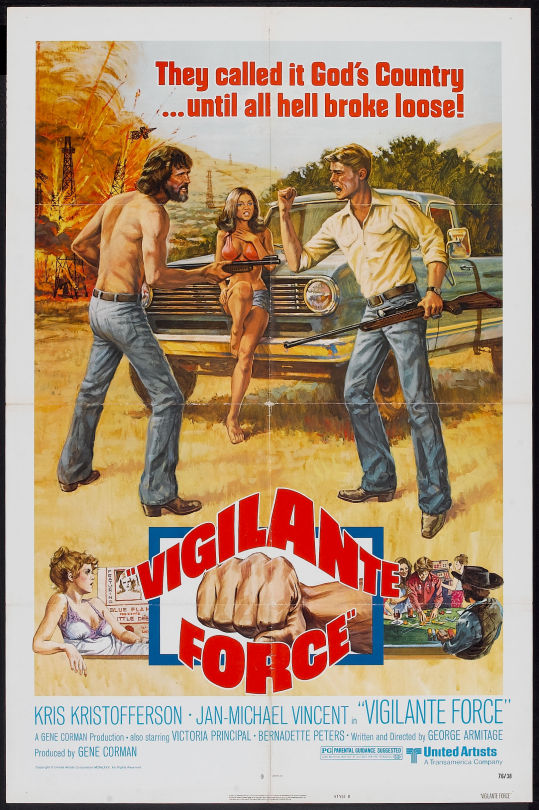#vigilante force
Text

Vintage Poster - Vigilante Force
United Artists (1976)
#Posters#Film#Vigilante Force#Kris Kristofferson#Jan-Michael Vincent#Victoria Principal#Bernadette Peters#Vintage#Art#UA#United Artists#1976#1970s#70s
45 notes
·
View notes
Text

4 notes
·
View notes
Text
The one where Bruce is the asshole (again)
So! We have a typical story where the JLA finds out about the Situation in Amity.
Whichever way they find out doesn't matter, but either way they end up sending Batman to do a threat analysis and review of whether this requires their attention.
And while there, he runs into a Kid who obviously needs to be saved from his Abusive Home. Look at him, he's far too thin, his grades are horrible, he has many unexcused absences, and he has bruises hidden under his clothes.
Even after figuring out that Danny is Phantom the local Hero, he thinks Danny needs to be saved from his Parents.
I mean, it's plain to see! They Hates Ghosts with a Passion, negelct their son very often, shoot at him nearly every day, and are probably the ones who killed him in the first place!
So, with no input from Danny himself, Bruce calls CPS on the Fentons and uses his Wealth to expedite the process and avoid the actual Investigation. (I mean, why would you even need one? It's so obviously a bad home!)
The Fenton's are arrested, and Bruce reveals that Danny is Phantom to convince the Courts that they are horrible people for shooting at their own son, and that they should be locked up (ignoring the horrified looks on their faces, probably cause they were living with a Ghost for so long, thats probably why).
He immediately offers to adopt Danny, even when Danny vehemently refuses his offer. He knows that Danny will come around to it, he's doing this for his own good. He still thinks his Parents were good people, and not thr Villains they really were.
Meanwhile Danny's life has been completely uprooted thanks to the self-righteous machinations of an Adoption Crazed Fruitloop! And not even the usual one!
Sure his parents were often busy with their work, but they Always set aside time to hang out with their kids and make sure they were okay. They never abused him, the neglect was only for like a month or two when the portal before they got their act together and apologized for it, and (most importantly) THEY DIDN'T KNOW he was a Halfa when they shot at him! They only found out when the ASSHOLE revealed his Identity in Court!
And Danny is Extra enraged by that part. The Adoption Crazed Fruitloop had revealed his secret identity for the ENTIRE WORLD TO HEAR!
He would never be able to live a normal life anymore, even if he managed to get away from the Moron who caused all this!
Bruce Wayne was a Villain in his eyes.
He ripped him from his home and from his family (basically kidnapped), revealed his identity to the world so he was forced to stay with him for fear of the GIW, and spun the whole story so that it looked like he was the Good Guy in this!?
It was official. Danny Hates Bruce Wayne, possibly more than anyone else in the World.
And that's a High Bar.
#Dp x dc#Dpxdc#Dc x dp#Dcxdp#Danny Phantom#Dc#Dcu#Danny is enraged right now#It's not also not a “petty revenge” kind of rage#It's a “I will rip apart your entire life before doing the same to your very body” kind of rage#Bruce thinks he's the good guy in all this#He only exploited bis wealth to control the Courts#And forced a Family to be split up while taking the one that fit his preferences for himself#And revealed the identity of a Teenage Vigilante to the entire world basically condemning him if he ever leaves the Manor again#Also revealing him to the Government Organization that has dedicated its very existence to murdering him and his entire Race#He's the Good Guy no doubt about it#Jason disagrees#He can see exactly how much hatred Danny has in his eyes when he looks at Bruce#He sympathizes#Danny will probably try to murder Bruce in his sleep#The League thinks Batman found an abused child and took him in#They only know what Bruce told them but when the Question comes forward with the evidence from his OWN investigation?#Well...questions will be raised
1K notes
·
View notes
Text
Y’know what is one of my favorite things with batman, base or crossover?
The mans has no idea how a ‘normal’ child is and just. Thinks all kids are Like That.
You have to remember that he’s not actively going out and searching for these kids, like 90% of them were already out as vigilantes or in Dick’s case sneaking out to try and commit a murder.
Literally all of his kids are like that and he just, does Not know what a normal child is supposed to act like. Has absolutely no idea that most kids do not gleefully beat the stuffing out of criminals for fun.
Which means it’s hilarious when the rest of his friends try to tell him that kids Aren’t Supposed To Do That
#dcu#dc#justice league#batman#implied cryptid batkids i guess#prompt?#prompts#batman and his 30+ kids who all forced their ways into his life#Whoever says Duke is the sane one is a liar#that kid literally had a gang of vigilantes#an entire gang#that he led#this thing is doubly so amusing if it's a dp crossover#what do you mean this eldritch space-ghost child isn't normal#he thinks it's fine#dc x dp#dp x dc crossover#the batfam are the only ones who see nothing wrong with having the son of the time god/ghost living with them#it's free child/sibling#and then they get 3 entire new siblings
816 notes
·
View notes
Text
Insurance companies are making climate risk worse
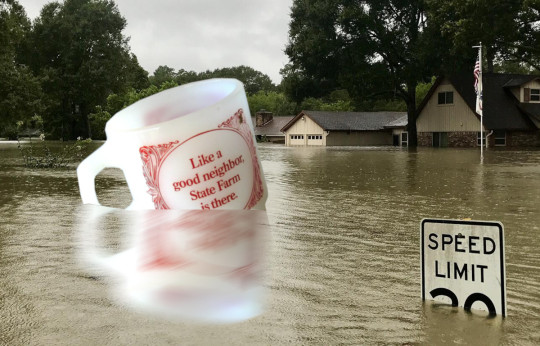
Tomorrow (November 29), I'm at NYC's Strand Books with my novel The Lost Cause, a solarpunk tale of hope and danger that Rebecca Solnit called "completely delightful."

Conservatives may deride the "reality-based community" as a drag on progress and commercial expansion, but even the most noxious pump-and-dump capitalism is supposed to remain tethered to reality by two unbreakable fetters: auditing and insurance:
https://en.wikipedia.org/wiki/Reality-based_community
No matter how much you value profit over ethics or human thriving, you still need honest books – even if you never show those books to the taxman or the marks. Even an outright scammer needs to know what's coming in and what's going out so they don't get caught in a liquidity trap (that is, "broke"), or overleveraged ("broke," again) exposed to market changes (you guessed it: "broke").
Unfortunately for capitalism, auditing is on its deathbed. The market is sewn up by the wildly corrupt and conflicted Big Four accounting firms that are the very definition of too big to fail/too big to jail. They keep cooking books on behalf of management to the detriment of investors. These double-entry fabrications conceal rot in giant, structurally important firms until they implode spectacularly and suddenly, leaving workers, suppliers, customers and investors in a state of utter higgeldy-piggeldy:
https://pluralistic.net/2022/11/29/great-andersens-ghost/#mene-mene-bezzle
In helping corporations defraud institutional investors, auditors are facilitating mass scale millionaire-on-billionaire violence, and while that may seem like the kind of fight where you're happy to see either party lose, there are inevitably a lot of noncombatants in the blast radius. Since the Enron collapse, the entire accounting sector has turned to quicksand, which is a big deal, given that it's what industrial capitalism's foundations are anchored to. There's a reason my last novel was a thriller about forensic accounting and Big Tech:
https://us.macmillan.com/books/9781250865847/red-team-blues
But accounting isn't the only bedrock that's been reduced to slurry here in capitalism's end-times. The insurance sector is meant to be an unshakably rational enterprise, imposing discipline on the rest of the economy. Sure, your company can do something stupid and reckless, but the insurance bill will be stonking, sufficient to consume the expected additional profits.
But the crash of 2008 made it clear that the largest insurance companies in the world were capable of the same wishful thinking, motivated reasoning, and short-termism that they were supposed to prevent in every other business. Without AIG – one of the largest insurers in the world – there would have been no Great Financial Crisis. The company knowingly underwrote hundreds of billions of dollars in junk bonds dressed up as AAA debt, and required a $180b bailout.
Still, many of us have nursed an ember of hope that the insurance sector would spur Big Finance and its pocket governments into taking the climate emergency seriously. When rising seas and wildfires and zoonotic plagues and famines and rolling refugee crises make cities, businesses, and homes uninsurable risks, then insurers will stop writing policies and the doom will become undeniable. Money talks, bullshit walks.
But while insurers have begun to withdraw from the most climate-endangered places (or crank up premiums), the net effect is to decrease climate resilience and increase risk, creating a "climate risk doom loop" that Advait Arun lays out brilliantly for Phenomenal World:
https://www.phenomenalworld.org/analysis/the-doom-loop/
Part of the problem is political: as people move into high-risk areas (flood-prone coastal cities, fire-threatened urban-wildlife interfaces), politicians are pulling out all the stops to keep insurers from disinvesting in these high-risk zones. They're loosening insurance regs, subsidizing policies, and imposing "disaster risk fees" on everyone in the region.
But the insurance companies themselves are simply not responding aggressively enough to the rising risk. Climate risk is correlated, after all: when everyone in a region is at flood risk, then everyone will be making a claim on the insurance company when the waters come. The insurance trick of spreading risk only works if the risks to everyone in that spread aren't correlated.
Perversely, insurance companies are heavily invested in fossil fuel companies, these being reliable money-spinners where an insurer can park and grow your premiums, on the assumption that most of the people in the risk pool won't file claims at the same time. But those same fossil-fuel assets produce the very correlated risk that could bring down the whole system.
The system is in trouble. US claims from "natural disasters" are topping $100b/year – up from $4.6b in 2000. Home insurance premiums are up (21%!), but it's not enough, especially in drowning Florida and Texas (which is also both roasting and freezing):
https://grist.org/economics/as-climate-risks-mount-the-insurance-safety-net-is-collapsing/
Insurers who put premiums up to cover this new risk run into a paradox: the higher premiums get, the more risk-tolerant customers get. When flood insurance is cheap, lots of homeowners will stump up for it and create a big, uncorrelated risk-pool. When premiums skyrocket, the only people who buy flood policies are homeowners who are dead certain their house is gonna get flooded out and soon. Now you have a risk pool consisting solely of highly correlated, high risk homes. The technical term for this in the insurance trade is: "bad."
But it gets worse: people who decide not to buy policies as prices go up may be doing their own "motivated reasoning" and "mispricing their risk." That is, they may decide, "If I can't afford to move, and I can't afford to sell my house because it's in a flood-zone, and I can't afford insurance, I guess that means I'm going to live here and be uninsured and hope for the best."
This is also bad. The amount of uninsured losses from US climate disaster "dwarfs" insured losses:
https://www.reuters.com/business/environment/hurricanes-floods-bring-120-billion-insurance-losses-2022-2023-01-09/
Here's the doom-loop in a nutshell:
As carbon emissions continue to accumulate, more people are put at risk of climate disaster, while the damages from those disasters intensifies. Vulnerability will drive disinvestment, which in turn exacerbates vulnerability.
Also: the browner and poorer you are, the worse you have it: you are impacted "first and worst":
https://www.climaterealityproject.org/frontline-fenceline-communities
As Arun writes, "Tinkering with insurance markets will not solve their real issues—we must patch the gaping holes in the financial system itself." We have to end the loop that sees the poorest places least insured, and the loss of insurance leading to abandonment by people with money and agency, which zeroes out the budget for climate remediation and resiliency where it is most needed.
The insurance sector is part of the finance industry, and it is disinvesting in climate-endagered places and instead doubling down on its bets on fossil fuels. We can't rely on the insurance sector to discipline other industries by generating "price signals" about the true underlying climate risk. And insurance doesn't just invest in fossil fuels – they're also a major buyer of municipal and state bonds, which means they're part of the "bond vigilante" investors whose decisions constrain the ability of cities to raise and spend money for climate remediation.
When American cities, territories and regions can't float bonds, they historically get taken over and handed to an unelected "control board" who represents distant creditors, not citizens. This is especially true when the people who live in those places are Black or brown – think Puerto Rico or Detroit or Flint. These control board administrators make creditors whole by tearing the people apart.
This is the real doom loop: insurers pull out of poor places threatened by climate disasters. They invest in the fossil fuels that worsen those disasters. They join with bond vigilantes to force disinvestment from infrastructure maintenance and resiliency in those places. Then, the next climate disaster creates more uninsured losses. Lather, rinse, repeat.
Finance and insurance are betting heavily on climate risk modeling – not to avert this crisis, but to ensure that their finances remain intact though it. What's more, it won't work. As climate effects get bigger, they get less predictable – and harder to avoid. The point of insurance is spreading risk, not reducing it. We shouldn't and can't rely on insurance creating price-signals to reduce our climate risk.
But the climate doom-loop can be put in reverse – not by market spending, but by public spending. As Arun writes, we need to create "a global investment architecture that is safe for spending":
https://tanjasail.wordpress.com/2023/10/06/a-world-safe-for-spending/
Public investment in emissions reduction and resiliency can offset climate risk, by reducing future global warming and by making places better prepared to endure the weather and other events that are locked in by past emissions. A just transition will "loosen liquidity constraints on investment in communities made vulnerable by the financial system."
Austerity is a bad investment strategy. Failure to maintain and improve infrastructure doesn't just shift costs into the future, it increases those costs far in excess of any rational discount based on the time value of money. Public institutions should discipline markets, not the other way around. Don't give Wall Street a veto over our climate spending. A National Investment Authority could subordinate markets to human thriving:
https://democracyjournal.org/arguments/industrial-policy-requires-public-not-just-private-equity/
Insurance need not be pitted against human survival. Saving the cities and regions whose bonds are held by insurance companies is good for those companies: "Breaking the climate risk doom loop is the best disaster insurance policy money can buy."
I found Arun's work to be especially bracing because of the book I'm touring now, The Lost Cause, a solarpunk novel set in a world in which vast public investment is being made to address the climate emergency that is everywhere and all at once:
https://us.macmillan.com/books/9781250865939/the-lost-cause
There is something profoundly hopeful about the belief that we can do something about these foreseeable disasters – rather than remaining frozen in place until the disaster is upon us and it's too late. As Rebecca Solnit says, inhabiting this place in your imagination is "Completely delightful. Neither utopian nor dystopian, it portrays life in SoCal in a future woven from our successes (Green New Deal!), failures (climate chaos anyway), and unresolved conflicts (old MAGA dudes). I loved it."

If you'd like an essay-formatted version of this post to read or share, here's a link to it on pluralistic.net, my surveillance-free, ad-free, tracker-free blog:
https://pluralistic.net/2023/11/28/re-re-reinsurance/#useless-price-signals
#pluralistic#doom loop#insurance#insuretech#climate#climate risk#climate emergency#the lost cause#market forces#risk management#price signals#control boards#decarbonization#bond vigilantes#climate resilience
262 notes
·
View notes
Text
What do you mean by twins?
Star and Stephanie are twins. They were raised quite normally, until their father was revealed on the news to be a villain and not just a normal prisoner. Although their mother was aware of it, the rest of the city was not, and suddenly her daughters were in danger.
The families of those Cluemaster had attacked became enraged and sought revenge on those closest to him: his family. Unfortunately, their mother could not take care of both of them and when the press revealed the identity of one of the twins, she made a risky decision.
She asked her brother to take care of Star, to hide her, and she stayed with Stephanie. They were both too young to remember, and over the years they lost touch. The twins' mother did not want to risk her brother who was now living in Amity Park. So she didn't call frequently.
On one occasion where a football match between Amity and Gotham was held, Star participated as a cheerleader. Not noticing Stephanie's frightened look from the stands. Had someone cloned her? Why?
The bat family got paranoid and tried to initiate contact with "the clone" to get a sample, but the Amity Parkers were too cautious. And the bats swore they felt eyes on the back of their necks every time they tried to get close.
Of course, the Amity Parkers wouldn't let them get close, which made the vigilantes even more frustrated. The worst part is that it was all a misunderstanding, but that didn't stop the battle between the two sides.
#dpxdc#Star and Stephanie are twins#Star is kinda aware#even if she doesn't know the identity of her twin sister#Stephanie doesn't remember#she is so centered on her job as Spoiler#that she didn't ask#and her mother didn't tell her yet#dp x dc#dc x dp#amity parkers#They are closest than ever after the Pariah Dark thing#The students of Casper High protect each other#The eternal trio is watching the vigilantes#The Amity Parkers are a force to be reckoned even if they don't like to fight#Casper High vs All Gotham vigilantes#Most of the class attends Casper's games on other schools in case a ghost escapes anyway so everyone is there#Amity Parkers are a force of nature at this point#dp x dc prompt
605 notes
·
View notes
Text
as yr favorite local jason todd fan sometimes i get so fed up with the apparent inability of most dc comic writers to write a class conscious narrative about him.
and yes, i know that comics are a very ephemeral and constantly evolving and self-conflicting medium.
and yes, i know they’re a profit-driven art medium created in a capitalistic society, so there are very few times where comics are going to be created solely out of the desire to authentically and carefully and deliberately represent a character and take them from one emotional narrative place to another, because dc cares about profit and sometimes playing it safe is what sells.
and yes, i know comics and other forms of art reflect and recreate the society within which they were conceived as ideas, and so the dominant societal ideas about gender and race and class and so on are going to be recreated within comics (and/or will be responded to, if the writer is particularly societally conscious).
but jesus christ. you (the writer/writers) have a working class character who has been homeless, who has lost multiple parents, who has been in close proximity to someone struggling with addiction, who has had to steal to survive, who may have (depending on your reading of several different moments across different comics created by different people) been a victim of csa, who has clearly (subtextually) struggled with his mental health, who was a victim of a violent murder, and who has an entirely distinct and unique perspective on justice that has evolved based on his lived experiences.
and instead of delving into any of that, or examining the myriad of ways that classism in the writers’ room and the editors’ room and the readers’ heads affected jason’s character to make sure you’re writing him responsibly, or giving him a plotline where his views on what justice looks like are challenged by another working class character, or allowing him to demonstrate actual autonomy and agency in deciding what relationships he wants to have with people who he loves but sees as having failed him in different ways, or thinking carefully about what his having chosen an alias that once belonged to his murderer says about his decision-making and motivations, you keep him stuck in a loop of going by the red hood, addressing crime by occupying a position of relative power that perpetuates crime & harm rather than ever getting at the root causes, and seesawing between a) agreeing with his adoptive family entirely about fighting nonlethally in ways that are often inconsistent with his apparent motivations or b) disagreeing and experiencing unnecessarily brutal and violent reactions from his adoptive father as if that kind of violence isn’t the kind of thing he experienced as a child and something bruce himself is trying to prevent jason from perpetuating. because a comic with red hood, quips, high stakes, and familial drama sells.
it doesn’t matter if it keeps jason trapped, torn between an unanswered moral and philosophical question, a collection of identities that no longer fit him, and a family that accepts him circumstantially. it doesn’t matter if jason’s characterization is so utterly inconsistent that the only way to mesh it together is to piece different aspects of different titles and plotlines together like a jigsaw. it doesn’t matter if you do a disservice to his character, because in the end you don’t want to transform him or even understand him deeply enough to identify what makes him compelling and focus on that.
and i love jason!!!!! i love him. and i think about the stories we could have, if quality and art and doing justice to the character were prioritized as much as selling a title and having a dark and brooding batfam member besides bruce just to be the black sheep character are prioritized. and i just get a little sad.
#jason todd#jason todd meta#red hood#batfam#batman#dc comics#comic analysis#classism#tw: csa mention#maybe someday half of the most intriguing and nuanced aspects of his character will be touched upon#red hood outlaw 51-52 had some cool moments wrt jason + class + hometown friends + systems of power but. that was a two issue arc#and even then it was admittedly messy#GOD i want him to be three dimensional and well rounded and well used#even if a writer wrote a fucking. filler comic for an annual or smthn exploring what jason does outside of being red hood#keep the name if u want. have him have deliberately taken the name of his killer and twisted it until ppl from his city know rh#as a protector of kids and the poor and sex workers and so on. that WORKS. but show him connecting w his community#have him get involved in mutual aid. have him do something when he’s not out as red hood at night. let us see jason & barbara interact more#or jason and steph !!!!!!!! or another positive but complicated dynamic (he has a lot of those)#i just. i think that his stagnancy makes me fucking sad. i liked some aspects of task force z. felt like it ended too soon tho#FUCK the joker lets unpack his self concept & have him be a real person outside of vigilanteism (?) and vengeance#i liked some aspects of the cheer arc in batman urban legends mostly bc he had SOME agency and bc he wasn’t completely flat#even tho i hate the retconning of robin jason being angry and moody and so on#part of the problem is we don’t see him too too often for more than semi brief appearances so im so happy to see him i’ll just accept it#love the idea of a nightwing & red hood team up comic. hate that tom taylor a) wrote it and b) gave jason that stupid ass line abt justice#u think this man trusts cops ????? or the legal system !????????? BITCH.#get jason todd into like a sociology / gender and intersectionality / feminist studies class NOWWWWW#ok im done im sleepy and going to watch nimona. thx for reading to anyone who did#PLS anyone who reads this let me know what u think im frothing at the mouth rn#wes.txt#mine
265 notes
·
View notes
Text
Ji Yong: *heads out and kills yet another person as the Vigilante bc his daddy cop boyfriend (Cho Heon) got too cocky and took the credit away from him to clean up some higher up's(?) mess*
his CEO/fanboy copycat boyfriend (Kang Ok) and reporter girlfriend (Mi Ryeo) respectively:
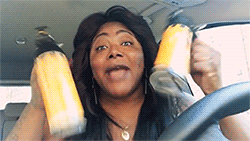
#tv: vigilante#vigilante#vigilante kdrama#nam joo hyuk#yoo ji tae#kim so jin#lee joon hyuk#kdrama#local gay watches Vigilante.txt#local gay watches k-dramas.txt#sister unleashed a Tarzan yell and my brother was having the time of his life on that couch are we seeing this#meanwhile daddy cop boyfriend's immediate response is to go and beat his boyfriend's ass they are not ok#the 'that's my dongsaeng' tho........ i rebuke the forced heteronormativity they're trying to force on us i will not have it
63 notes
·
View notes
Text

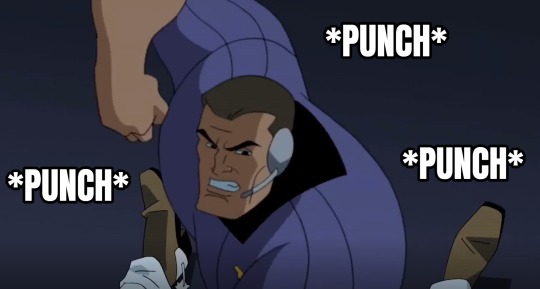
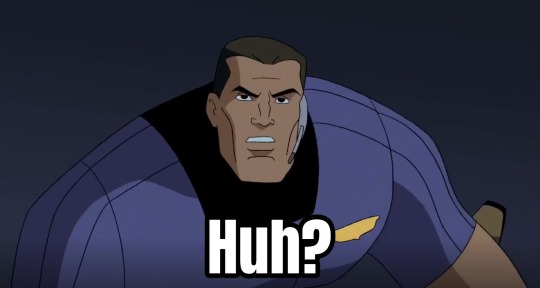
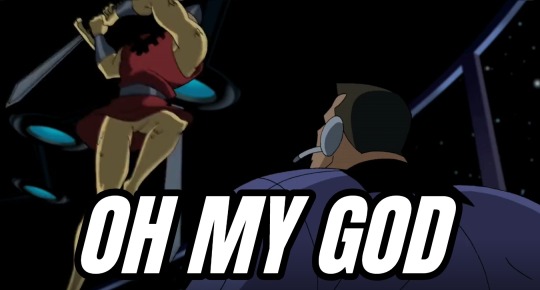
Remember when Shining Knight almost decapitated a guy for daring to lay a hand on his BFF?
I do. And I love it.
#Vigilante JLU#Greg Sanders#Shining Knight#Sir Justin#Justin Arthur#JLU#Justice League Unlimited#Justice League#Task Force X
36 notes
·
View notes
Text
i read a fic once where diluc used to fight with a sword during his days as a knight and switched to a claymore only after That Day and the concept never left my head
#it makes more sense i guess? ofc there's knights w claymores but 1) if being cavalry captain includes fighting while mounted on a horse-#-then a sword is probably more fit for the job#and 2) diluc was a model knight child prodigy cavalry captain golden child. to me. and i think a sword fits that image better#i like to think that he maybe always took more easily to a claymore. his thing is more pure strength blunt force etc#and he had to make a conscious effort to learn to use a sword properly even if his abilities would translate better into a greatsword#but when he leaves for snezhnaya its like#hes not a knight anymore the perfect image he had of them is completely destroyed he doesnt even have his vision w him anymore#so like whats the point. pick up a claymore. it fits his vigilante revenge rampage era better#diluc thoughts on the mind 2day. sorry for breaking character#diluc#my posts#diluc ragnvindr
76 notes
·
View notes
Note
Personally, I think the vigilante deserves a chance to break into one of Eclipse’s safe houses. Turn the tables on him and catch him off guard when HE’S charging/sleeping. See how he likes having his secret hideout found smh
OH HO vigilante would have one (1) second to gloat about discovering his place while's he charging before Eclipse can snatch them up and show them exactly what he thinks about their audacious belief that they can do this to him.
#it would be deadly... but i think eclipse would turn this sore loss into a win somehow#he'd force the vigilante to stay with him for however long it takes for him to finish charging#(he does not like being seen in such a vulnerable position but since they're here... time to make them regret it)#Y/N is stuck for a while so might as well get comfortable... as much as they can with Eclipse grabbing them#sleuth jesters
152 notes
·
View notes
Text
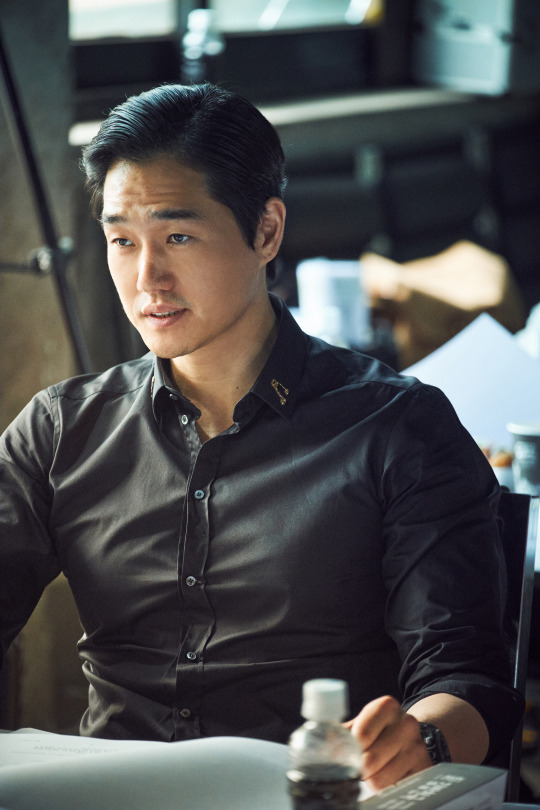
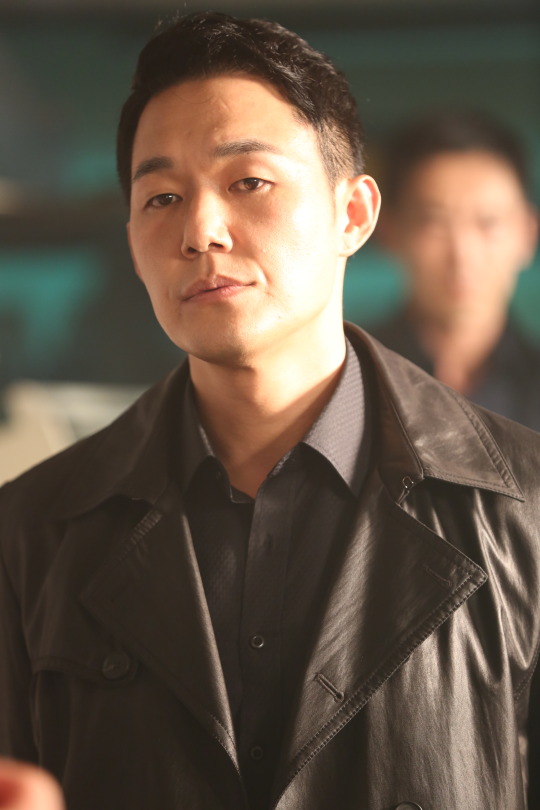
We write the year 2023 when I found out that actors Yoo Ji Tae and Park Sung Woong are in fact not the same person.
#me watching Vigilante going woah it's the dude from The Killing Vote and the lgbt movie Method#No..no it was not in fact#vigilante kdrama#kdrama#vigilante#the killing vote#method movie#snowdrop#unlock my boss#38 task force#hidden identity#the wild movie#the healer#oldboy#money heist korea#mad dog
41 notes
·
View notes
Text
A summary of Tim Drakes start as Robin by me
Dick: *at Halys Circus*
(No Name because he did tell Dick his name): you're Nightwing, you're Dads Batman. I know where you live, where all the Titans live and all your schedules.
Dick: uhhhhhh no
Rando Kid: yep I know because I'm smart, but anyway Batman needs a Robin so I've come to get to you to be Robin again!
Dick: How about we go talk to Bruce! I'm not dealing with this
Baby stalker: fine
*at Wayne manor*
Dick: what's your name
Soon to be Robin #3: Tim, so are you gonna be Robin or not?
Dick: uhhh, you know I'd love to but I'm not Robin shaped anymore. Robin is a uhh how tall are you?
Tim: 5 ft 6?
Dick: right Robin is a 5ft 6 boy with black hair and stubborn af. Someone like that would just need a suit, one that may or may not be in his unlocked drawer. Anyway I better go save Batman from killing himself, bye *leaves*
Alfred:
Tim: hey I'm Robin shaped!
Alfred: yes you are, do you need a ride?
Tim: if that's ok with you
Tim: *is now Robin*
#comics#dc comics#robin#tim drake#batman#bruce wayne#dick grayson#red robin#jason todd#nightwing#tim drake robin#a lonely place of dying#i saw someone say that bruce draged tim into vigilante business....like honey the kid was tracking the titans before meeting batman#he was breaking and entering dick apartment to find where he was. he was solving batmans cases and leaving a trail of bread crumbs.#he wasnt normal. and tbh bruce tried to get him to stop. he was very against a new robin but tim is stubborn and wouldn't take no#tim drake isnt forced to do anything.#alfred pennyworth#batfam#corect batfam#this is basically what happened
287 notes
·
View notes
Text
Becker family shenanigans >:) (ft. @villainsidestep's fawn becker and @idlenight's river becker! this was also inspired by their posts)
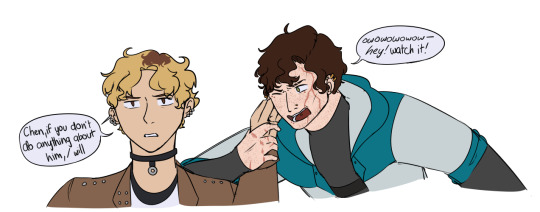
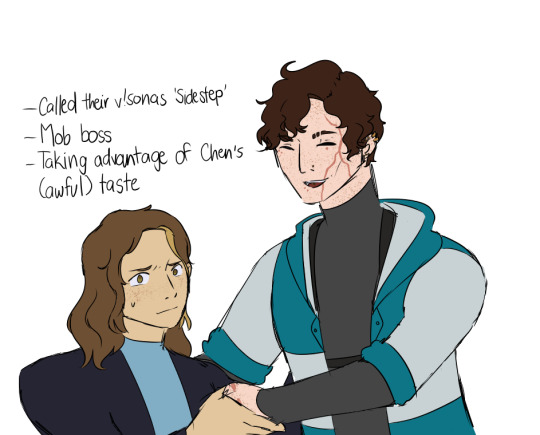
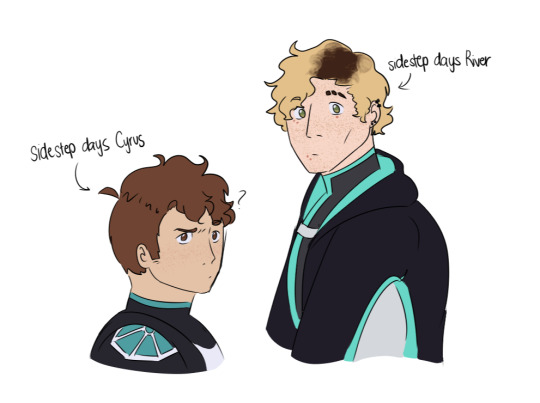
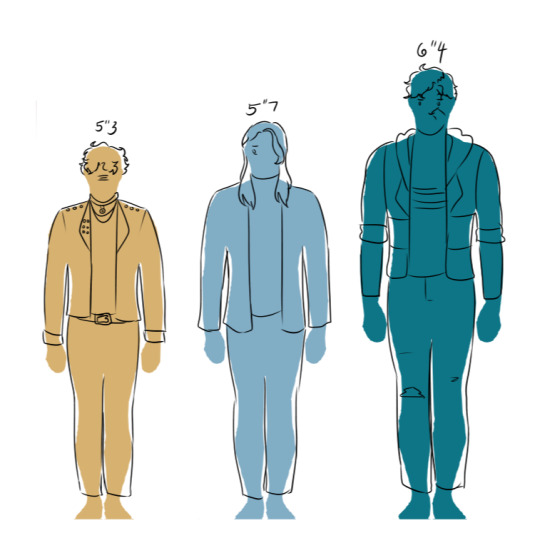
text is in the alt text, and click for better quality because tumblr is apparently determined to kill the quality of everything i post
#1. this whole au is an excuse for me to indulge in older sibling cyrus#and as much as i Love river#he gives off the most rancid little shit youngest sibling vibes known to man#2. fawn and river are of the same mind and that mind is making chen suffer for his Own decisions#what youre gonna fall for the pretty vigilante you used to distrust?#well they're going to justify that suspicion and also play their role up for the bit#3. step days vs current day river and cyrus has been bothering me since i saw river's sidestep design#they. they swapped. they're the same theyre literally just the other way around#also fun fact because this seems like a good place to put it: cyrus also has freckles! he just covers them up with makeup#it is for themmy related reasons :)#4. low effort shitpost based on me laughing at the height comparison between the three#to answer your question gideon#i thought fawn was a short step#i thought cyrus and fawn could bond over having a towering older brother but alas#cyrus is simply forced to endure the hashtag true oldest sibling experience and be the shortest out of the three#fhr#sidestep#cyrus becker#river becker#fawn becker#she illness on my mental till i draw#keeping up with the beckers
31 notes
·
View notes
Text

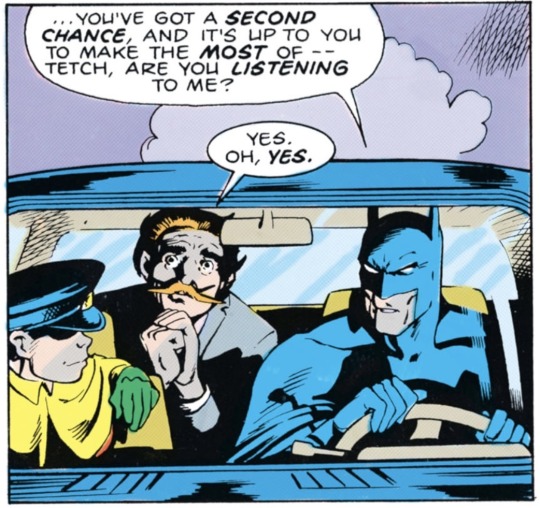
Detective Comics #573 (1987)
#did you know? using guns doesn’t automatically make the character a cop.#or at least it doesn’t make him any more of a cop than the vigilante using brute force to knock people unconscious#and toss them into a prison that can neither rehabilitate nor hold them#but i digress#jason todd#batman#jervis tetch#mad hatter#detective comics#dc
52 notes
·
View notes
